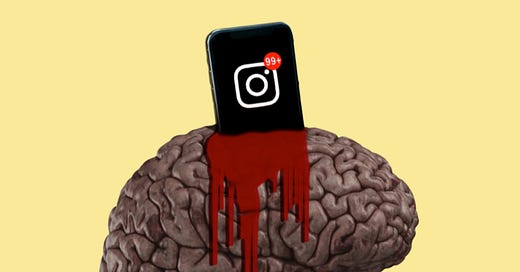Our smartphones and social media now mediate our most intimate moments. Romances begin with swipes and DMs, relationships end via text, and news of births and deaths arrive through notification bells on devices designed to shape every interaction.
For many, these technologies enhance connection. Those with rare conditions like cystic fibrosis find support groups that would be impossible to access locally. A transgender teen in a small town discovers communities that affirm their identity. A homebound elderly person maintains relationships with far-flung grandchildren. For the isolated, the internet is truly transformative.
But critical questions remain: Are these technologies deepening or inhibiting our meaningful connections? How do they affect our happiness?
The Pandemic's Digital Experiment
COVID-19 forced a global experiment in digital-only connection. As in-person interactions vanished, video calls and social media became lifelines. Zoom meetings kept businesses running, virtual classrooms continued education, and families gathered on screens for everything from holiday celebrations to funerals.
Yet something crucial was missing. Communication isn't just information exchange – human touch and physical proximity have emotional, psychological, and biological impacts that screens can't replicate. The "Hollywood Squares" layout of video calls flattened the richness of human interaction into two dimensions.
The limitations became starkly evident. Despite virtual connections, depression and anxiety increased during the pandemic. College students reported unprecedented loneliness despite constant texting. Nursing home residents declined rapidly without visitors, even when they were provided tablets for video calls. Many people experienced "skin hunger" – a craving for human touch that no technology could satisfy.
The verdict was clear: a human presence cannot be digitized. Being together matters.
Taking Control: Four Strategies for Healthier Usage
Social media isn't disappearing. But we can mitigate its downsides with these practical approaches:
1. Engage, don't just scroll. Research consistently shows that, compared with active engagement with others online, passive consumption of social media leads to worse emotional outcomes. Consider the difference between spending 20 minutes silently scrolling through other people’s curated vacation photos versus using that time to comment meaningfully on a friend's post and starting a conversation. Studies from Norway found children who primarily used Facebook to communicate experienced positive feelings, while those who mainly observed others reported negative emotions. This isn't surprising. Frequent social comparison – which is inevitable when we passively consume others’ most exciting posts – reliably diminishes happiness.
2. Monitor your emotional response. Social media's impact varies by individual. Pay attention to how you feel after platform use. Do you feel energized after commenting on a friend's achievement, or depleted after comparing your ordinary Monday to a celebrity's glamorous lifestyle? Notice when TikTok's algorithm leads you down a rabbit hole leaving you anxious about world events versus inspired by creative content. Take regular emotional temperature checks while using these platforms. Every few minutes, pause and ask yourself: "How do I feel right now? Is my energy lower or higher than when I started using this site today?"
3. Get outside perspective. Ask those close to you how your social media habits affect them. Does your partner notice you reaching for your phone during dinner conversations? Has your child stopped sharing stories because they're competing with your email checking? A father recently shared how his eight-year-old drew a family portrait where everyone had phones for faces – a wake-up call about his usage patterns. Often, others perceive our digital habits more clearly than we can ourselves.
4. Take tech holidays. Create control periods in your digital life. Try a "phone-free Sunday" where devices stay in a drawer until evening. Establish a "no phones in the bedroom" rule to improve sleep and intimacy. One family instituted "tech-free Tuesdays" and discovered their teenage children actually initiated deeper conversations when screens weren't competing for attention. What happens when you avoid social media for four hours? Are you more present with loved ones when notifications aren't interrupting? Does a day without social media reduce your feeling of being scattered or overwhelmed?
The Home-Field Advantage
Every time we go online, we expand our reach while increasing our vulnerabilities. We connect with distant friends but expose ourselves to targeted advertising and algorithmic manipulation. Our challenge is maximizing benefits while minimizing harms in our personal digital ecosystems.
Remember this crucial advantage: the battle for our attention happens in our minds – our home territory. Tech companies deploy sophisticated psychology to capture your focus, but awareness is your superpower. By understanding how these platforms affect you specifically, you can create boundaries that work for your life. And with intention and practice, it's a battle you can win.
Click here to buy “The Good Life” from Amazon.
Subscribe for free to receive new posts and support my work.
Visit my website for free resources.








“The verdict was clear: a human presence cannot be digitized. Being together matters.” That’s so true. Well said.
My pleasure.